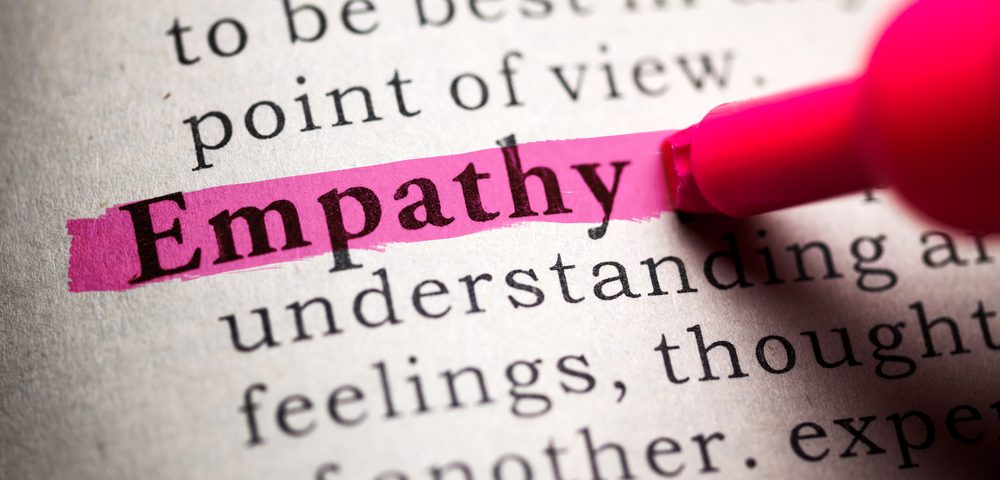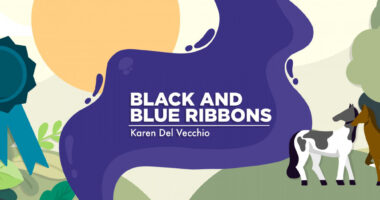I Have Greater Empathy for Others, Thanks to My EDS

One common issue that many people with an Ehlers-Danlos syndrome (EDS) deal with is that we “look normal.” While I’m grateful that it’s not blatantly obvious to most people that I have EDS, there are times when it can make things awkward. That well-meaning person who says, “One day you’ll know what it’s like to have arthritis.” Umm, I already do. Or the person who asks you to help them because “you’re young and strong.”
Generally speaking, I’m lucky that I do fit into those categories in many ways. I can often do what’s being asked, but sometimes it’s difficult. It’s often easier for me to do it anyway, even if it’s not in my best interest, than to explain why I can do some things but not others. For example, why can I (very carefully) lift 50-pound bags of horse grain but struggle to stir stiff cookie dough? (Yes, that’s a true statement.) I’m the first to admit that sometimes what I can and can’t do successfully with my EDS doesn’t make any sense to an outsider, or even to me!
While it’s frustrating, it’s one example of the idea that everyone is dealing with something unseen. At any time, whomever I’m speaking with is likely managing their own stressors. It may not be a rare genetic collagen disorder — it could be shyness, anxiety, or relationship problems. Life is not linear — plans get derailed, stressful events happen, and we all have our struggles, some more obvious than others.
This realization has proven useful at a job in which I work with teenagers during a highly stressful time in their lives, as they figure out what they will do after high school. That student who keeps bailing on meetings? They are probably scared about the next steps. The student who’s disruptive in class and has made a “name” for himself? Life outside of school may not be easy. I try to find out the sources of the students’ stresses during our meetings. Sometimes, I’ll ask the student a direct question if I know them well enough. However, a student will often realize their underlying unconscious emotions during our conversations. They’re still learning how to recognize, manage, and process complex stressors and emotions.
The bottom line is that compassion and understanding for each person’s experience — which may or may not be visible — is crucial. I use the patience that my horse Artica has taught me on a daily basis. Modern life is stressful, fast-paced, and some moments can seem overwhelming. I suppose it goes back to the old saying, “Don’t judge another until you’ve walked a mile in his shoes.” I don’t mean that people should receive a pass for poor behavior or rudeness, but I try to do my best to have empathy and be mindful of others’ unseen difficulties because I have my own. A little bit of kindness can go a long way.
***
Note: Ehlers-Danlos News is strictly a news and information website about the disease. It does not provide medical advice, diagnosis, or treatment. This content is not intended to be a substitute for professional medical advice, diagnosis, or treatment. Always seek the advice of your physician or other qualified health provider with any questions you may have regarding a medical condition. Never disregard professional medical advice or delay in seeking it because of something you have read on this website. The opinions expressed in this column are not those of Ehlers-Danlos News or its parent company, Bionews Services, and are intended to spark discussion about issues pertaining to Ehlers-Danlos.






Leave a comment
Fill in the required fields to post. Your email address will not be published.